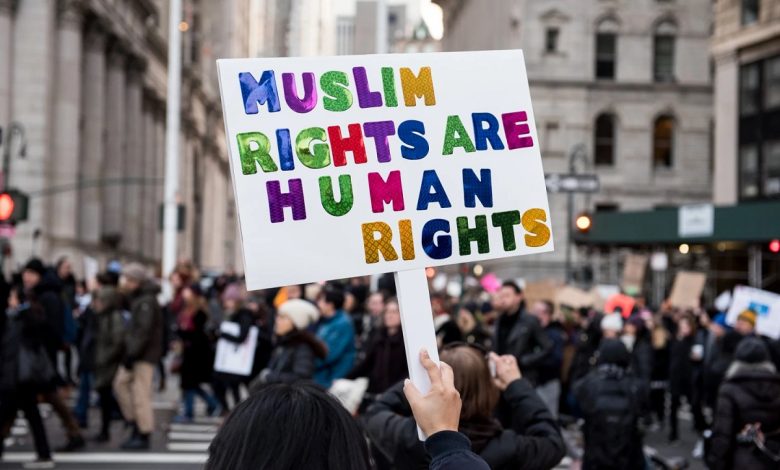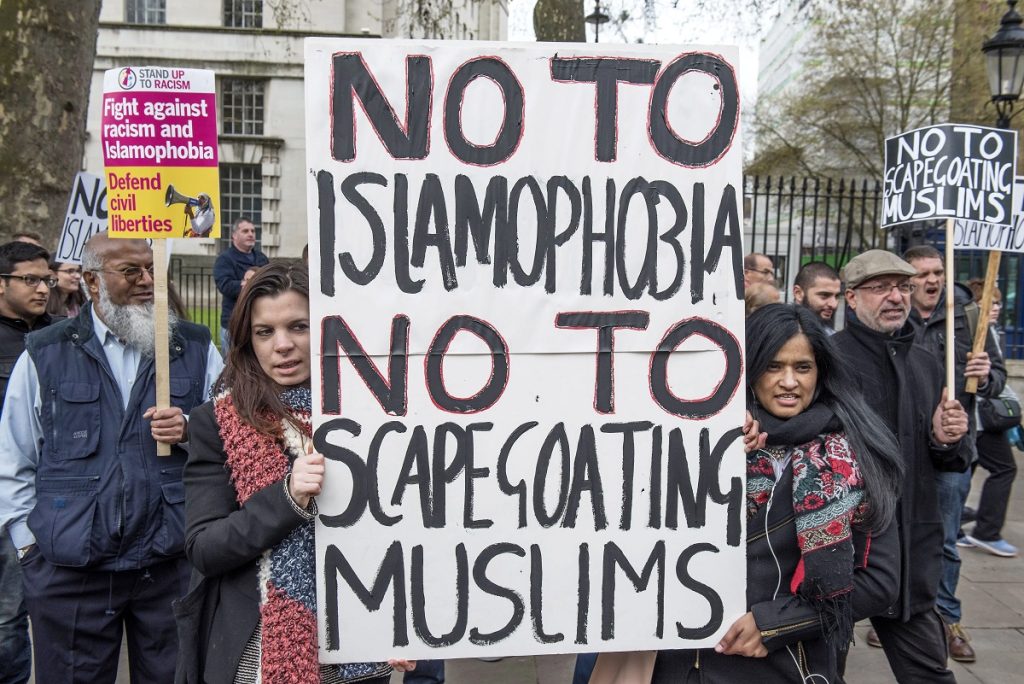Muslim Communities in the U.S.: Standing Strong Against Disputes and Hate Crimes
A look at the strategies of unity, legal action, and advocacy that define the Muslim American response to crises.

The Muslim community in the United States generally responds to disputes, surrounding problems, or hate crimes with a combination of community solidarity, legal action, and cooperation with authorities. Their approach often includes the following:
Reporting to Authorities
-
-
Muslim individuals and organizations are encouraged to report hate crimes or threats immediately to local police departments or the FBI’s Civil Rights Division.
-
Many mosques and Islamic centers provide workshops on how to document incidents and preserve evidence for legal purposes.
-
Community Support Networks
-
-
Muslim communities often unite quickly in times of crisis, offering emotional, financial, and logistical assistance to victims.
-
Organizations such as the Council on American-Islamic Relations (CAIR), Muslim Advocates, and MPower Change provide legal aid and advocacy.
-
Public Awareness and Media Engagement
-
Community leaders may hold press conferences, issue public statements, and use social media to raise awareness about the incident.
-
This helps ensure that the case receives attention, reducing the risk of it being overlooked.

Peaceful Protests and Interfaith Solidarity
-
-
Many Muslim communities partner with churches, synagogues, and civic organizations to hold peaceful rallies against hate crimes and discrimination.
-
Interfaith coalitions amplify their voice and promote unity.
-
Education and Prevention
-
-
-
Workshops in schools, universities, and workplaces help educate the public about Islam and counter harmful stereotypes.
-
This preventative approach reduces misunderstandings and promotes peaceful coexistence.
-
-
In summary, when faced with disputes or hate crimes, Muslim communities in the U.S. often adopt a law-abiding, organized, and proactive strategy that combines legal recourse, public advocacy, and community solidarity.



